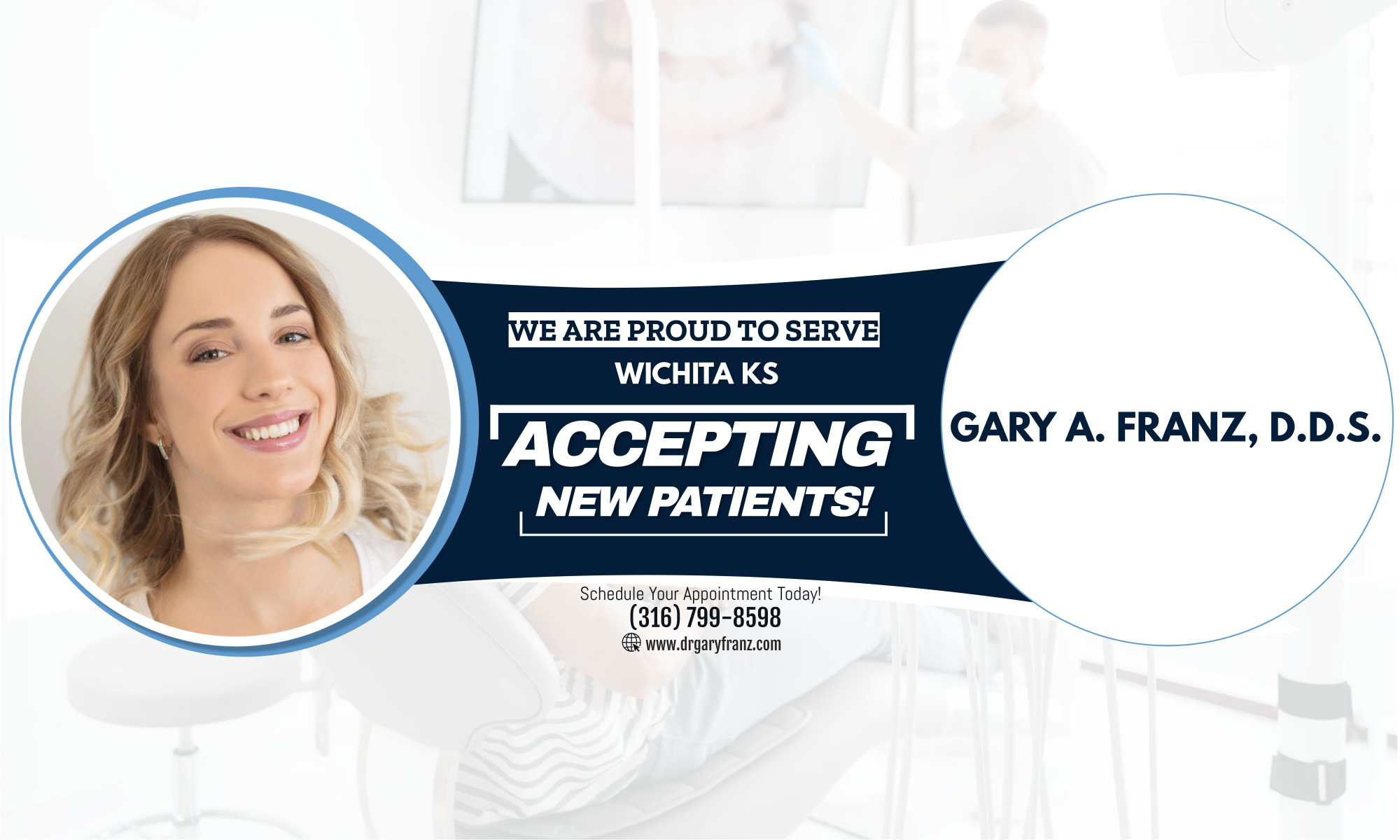The process of having a tooth extracted may seem worrying but you’ll find it much easier if you know what to expect on the day and afterwards.
Your dentist will make the process as comfortable as possible for you by numbing the area around the tooth to be extracted.
In most cases, a small amount of bleeding is quite normal and your dentist will advise you what process to follow to allow healing as quickly as possible.
Generally, you should avoid anything that might prevent normal healing.
For example, it’s best not to smoke, rinse your mouth vigorously or drink through a straw for 24 hours afterwards as these could delay healing.
For the first few days, if you need to rinse your mouth, do it gently. If you are suffering pain or swelling, apply a cold cloth or an ice bag.
If necessary, your dentist will recommend something for any pain.
At the beginning, don’t clean around the socket where the tooth has been removed but you should brush and floss the other teeth as usual.
Modern procedures make having an extraction and the follow-up more comfortable than ever before.
